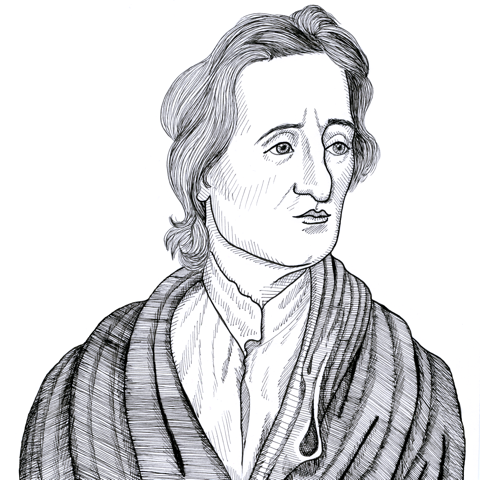
John Locke on “perfect freedom” in the state of nature (1689)
Found in: The Two Treatises of Civil Government (Hollis ed.)
John Locke (1632-1704) wrote one of the most powerful defences of individual liberty in his Second Treatise of Government. According to Locke, in the state of nature (i.e. before the appearance of political institutions) human beings enjoyed what he called “perfect freedom” to enjoy their persons and properties “as they think fit”:
Natural Rights
TO understand political power right, and derive it from its original, we must consider, what state all men are naturally in, and that is, a state of perfect freedom to order their actions, and dispose of their possessions and persons, as they think fit, within the bounds of the law of nature, without asking leave, or depending upon the will of any other man.
A state also of equality, wherein all the power and jurisdiction is reciprocal, no one having more than another; there being nothing more evident, than that creatures of the same species and rank, promiscuously born to all the same advantages of nature, and the use of the same faculties, should also be equal one amongst another without subordination or subjection, unless the lord and master of them all should, by any manifest declaration of his will, set one above another, and confer on him, by an evident and clear appointment, an undoubted right to dominion and sovereignty.